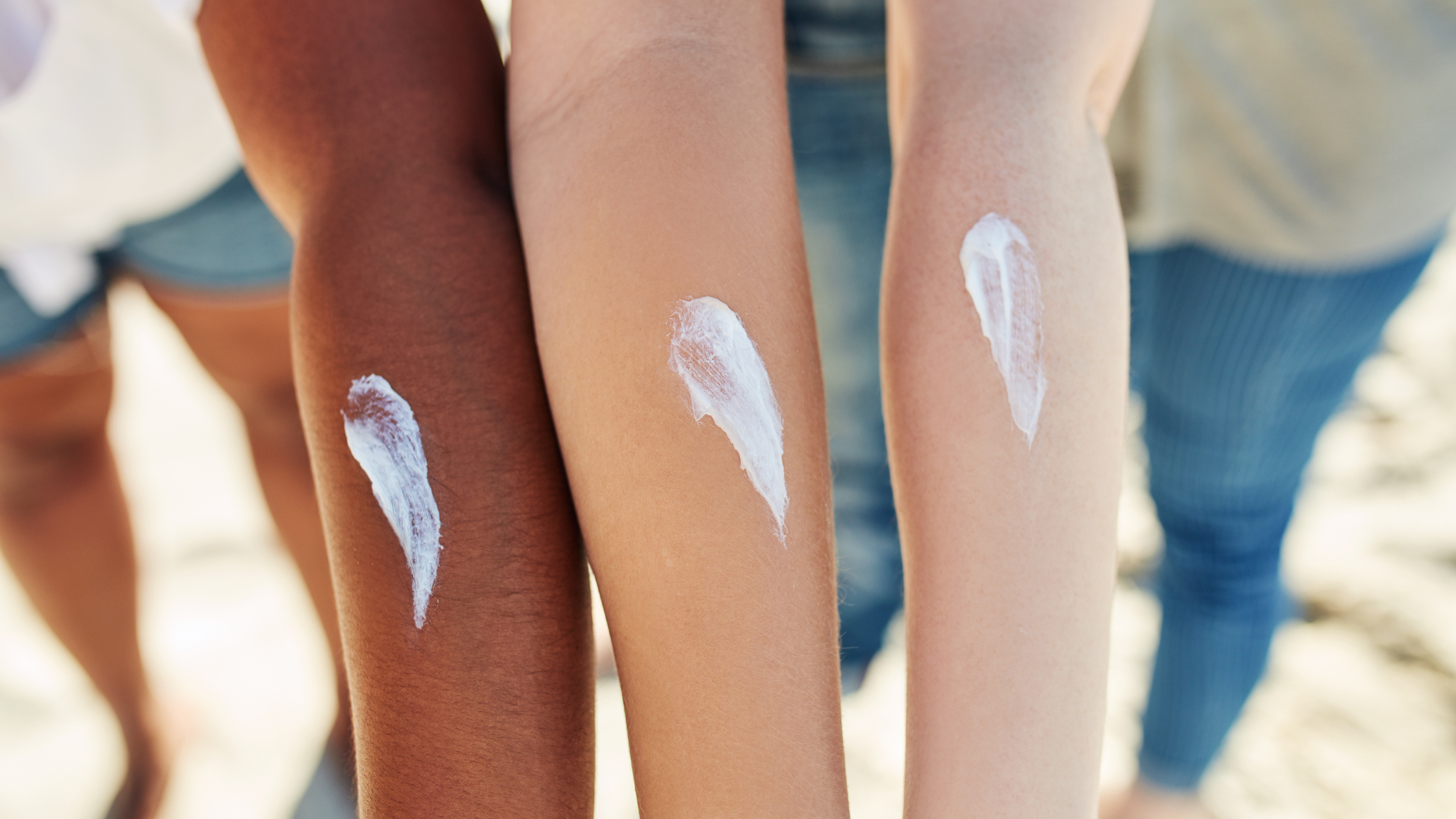Summer is here and we’re all excited for our upcoming vacations, family trips, and outdoor activities. There is one item you need to take wherever you go this summer: sunscreen. But what makes a good sunscreen for your skin? Is the sunscreen with the highest SPF the best for us? What exactly does SPF mean, and how does it work? Let’s find out.
What is SPF?
SPF stands for "sun protection factor". It refers to the amount of UV radiation it takes to produce sunburn when wearing sunscreen in comparison to how much UV exposure it takes to get sunburned without wearing sunscreen. Basically, it's a measure of how well a sunscreen will protect your skin from UVB rays. UVB rays are the primary cause of sunburn and have been linked to skin aging and skin cancer. The higher the SPF, the more protection the sunscreen offers.
How is SPF Measured?
SPF is determined in a lab setting using human participants. Scientists first obtain a baseline of when a subject begins to demonstrate a sunburn without sunscreen. The test is then repeated at another time with the subject wearing sunscreen. The SPF value is determined by dividing the amount of UV radiation needed to cause sunburn on skin with sunscreen by the amount of UV exposure it takes to cause sunburn on the subject’s skin without sunscreen protection.
The higher the SPF value, the less UVB radiation your skin receives.
However, it's important to remember that this is just a rough estimate. There are many factors that can affect how well a sunscreen works, including the amount of sunscreen applied, how often it's reapplied, how well it is applied, and your skin type.
How does SPF work?
SPF works by multiplying the amount of time it takes for your skin to burn without sunscreen by the SPF number. For example, if you normally burn after 10 minutes in the sun, an SPF 30 sunscreen would theoretically protect you for 300 minutes (10 minutes x 30 SPF).
However, it's important to remember that this is just a rough estimate. There are many factors that can affect how well a sunscreen works, including the amount of sunscreen applied, how often it's reapplied, and how well it's rubbed in.
What SPF should I use?
The American Academy of Dermatology recommends using a sunscreen with an SPF of at least 30. This will provide adequate protection for most people. However, if you have fair skin, a history of skin cancer, or spend a lot of time outdoors, you may want to consider using a higher SPF.
The difference between SPF 15, SPF 30, and SPF 50 is the amount of UVB rays they can block. SPF 15 can block about 93% of UVB rays, SPF 30 can block about 97%, and SPF 50 can block about 98%.
It is important to note that the difference in protection between SPF 30 and SPF 50 is not significant, as SPF 30 already provides high protection against UVB rays. The most important factor is to apply sunscreen properly and reapply it every two hours or after swimming or sweating, regardless of the SPF level.
It's also important to remember that no sunscreen can provide 100% protection from the sun's harmful rays. It's still important to seek shade, wear protective clothing, and avoid the sun during peak hours (10am-4pm) whenever possible.
What about UVA rays?
UVA rays can also cause damage to your skin. These rays penetrate more deeply into the skin than UVB rays and can cause skin aging and skin cancer. UVA rays can also travel through glass, so make sure you are protected from the sunlight coming through windows. To protect yourself from UVA damage, buy sunscreen with ‘Broad Spectrum’ on the label.
Conclusion
SPF is an important factor to consider when choosing a sunscreen. By understanding how it works and what SPF to use, you can help protect your skin from the sun's harmful rays and reduce your risk of skin cancer. SPF 15, SPF 30, and SPF 50 are all effective at protecting your skin from UVB rays, but the higher the SPF, the more protection it provides.
However, the most important factor is to use sunscreen properly and reapply it regularly to ensure maximum protection against the sun's harmful rays. My Day Screen® ‘s Broad Spectrum SPF30 mineral sunscreen can protect you from UVB and UVA rays while also looking and feeling good on your skin.
Sign-up for My Day Screen® text messages and emails and get 20% off your first purchase! Also, remember to login as a Rewards member and start earning points towards discounts and free products! It’s easy to sign-up and easy to earn points, such as following us on Instagram, leaving a product review or simply shopping for your favorite suncare products!
Explore our lineup of products at My Day Screen®.
